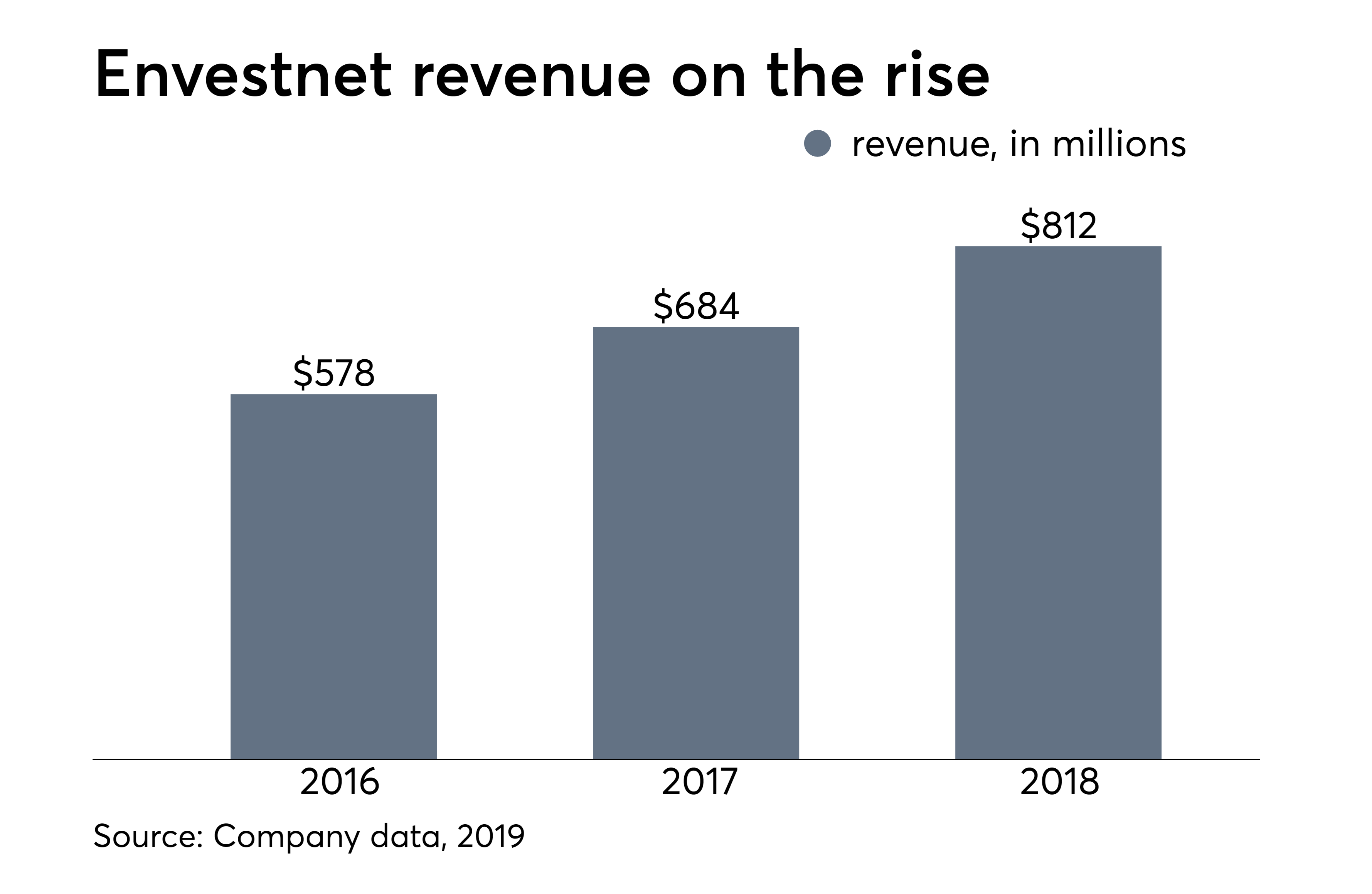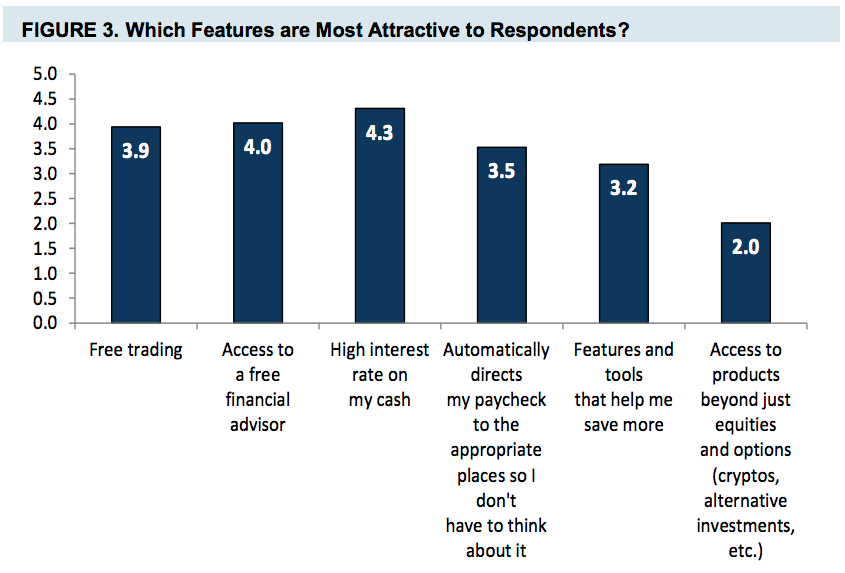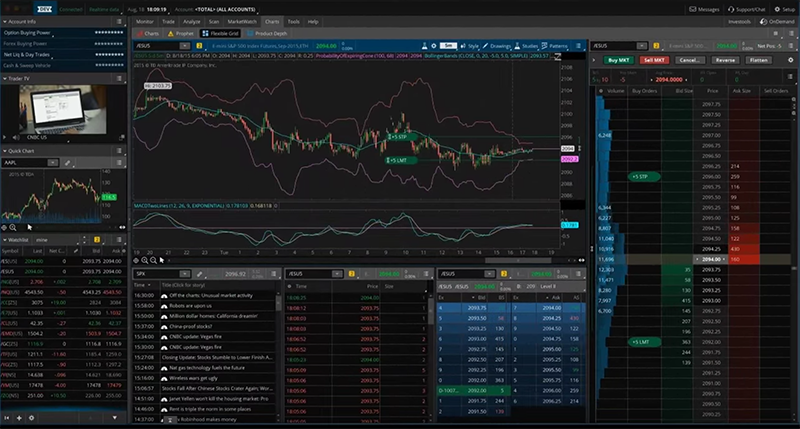
But as I mentioned, we've already pulled back quite a bit from where we were heading into the year and kind of the highs. Financial stocks may hit a hiccup here as well. So if you're an investor and you think we're going into recession, you know, stocks overall tend to not work very well into that environment. And I think we get on the other side of it. That can create a little bit of friction, but this is kind of normal friction. So yeah, there could be a little bit of disruption here on the corporate side, with the cost of capital moving higher with rates. Less than 4% unemployment, very strong balance sheets. But when we take a step back, we look at the financial health of the banks and even of the economy right now. The question I think you're asking is, when does it stop? And that's a crystal ball question around what's going to happen with the outcome of Ukraine, how the market can absorb kind of the reversion in monetary policy.Īnd so that will likely drive some volatility. And ultimately, we come out on the other side. And what I mean by that is that we've been through many periods of market volatility and uncertainty.
#DEVIN RYAN JMP MOVIE#
What I would say is we've seen this movie before. What did you see in the bank earnings that tells you the degree to whether or not this is just the first quarter of 2022 or a trend that's beginning that could impact earnings in the quarters to come as well?ĭEVIN RYAN: Yeah, Brian, it's a great crystal ball question. So you're starting to see the banks at large maybe prepare for not necessarily recession, but just harder times in the quarters to come. The consumer facing banks not getting as aggressive with paring down their allowance for loan losses, for example. And we're seeing this across all the banks. I mean, you saw James Gorman kick off his remarks in the earnings results, saying market volatility, economic uncertainty. So that's a good relationship where, over time, investors tend to make money.īRIAN CHEUNG: Yeah, Devin, it's Brian Cheung here. The stock is trading at 1.2 times tangible book value. And I think you saw what was, again, a very strong quarter with a 16% return on tangible equity. Now at $320, I think investors will do quite well. The bar was high, heading into the year when the stock was around $400. And that's not a great moment for financials, but you've also seen pretty big pullbacks in the stocks.Īnd so we're actually looking at some of the names like Goldman Sachs here. I think the macro backdrop is number one conversation piece for investors. And so you get a lot of balance.Īnd I think that came through, where results were still very good overall against what was probably the most challenging backdrop since the beginning of 2020, as the pandemic started. And now we're moving into likely a higher interest rate cycle. But, you know, I think what you saw is the resilience of these business models, and there's a lot of natural hedges.

Equity issuance was down 70% year over year. On the other hand, investment banking activity was incredibly slow. Well, what I would say is that 2022 has started complete opposite of what we saw throughout all of 2021, where 2021 was all about investment banking and asset prices appreciating 2022.

Looking through the numbers, what stood out to you?ĭEVIN RYAN: Sure.

And Devin, let's just start broadly here because I know you cover Goldman and Morgan Stanley specifically. Let's bring in Devin Ryan, JMP Securities analyst. Financials trading pretty flat right now, but we did see some big moves on the back of earnings from Morgan Stanley, Citigroup, Goldman Sachs, and Wells Fargo, by the way, the biggest laggard on the day among the banks that have reported so far. Video TranscriptĪKIKO FUJITA: Let's turn our attention now to Brian's favorite topic. JMP Securities Director of Financial Technology Research Devin Ryan joins the Live show to discuss bank earnings and the outlook for financial stocks amid Fed tightening, volatility, and the macroeconomic backdrop.


 0 kommentar(er)
0 kommentar(er)
